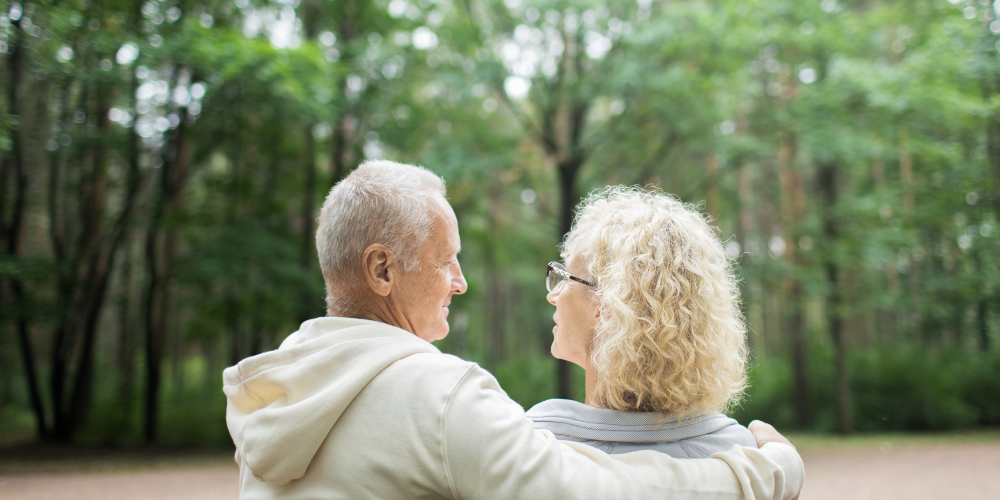3 Winter Self-Care Tips for Mental Health

It’s winter: the days are shorter, the sun often hides behind overcast skies, and, well, it’s really cold. All of this can leave us feeling down, sluggish, and reaching for comforts that may not ultimately serve us.
But the winter months don’t have to mean the deterioration of your wellbeing.
3 winter self-care tips to boost mental health
1. Focus on nutrition, movement, and sleep
Taking care of your mental health can look very similar to taking care of your physical health. That’s because physical and mental health are intricately linked. After all, your brain is an organ that needs to be taken care of. Nutrition is key for brain and gut health, which are both integral to mental health.
What does your gut have to do with your mood? Actually, quite a bit: about 95% of serotonin, a neurotransmitter that promotes a good mood, is produced in the gut, and the gut and brain are linked via the vagus nerve. Eat a variety of whole foods like colorful fruits and vegetables, nuts, seeds, and fermented foods like yogurt, and cut back on highly processed foods.
Next, don’t stop moving when the weather turns cold. Movement is essential for mental health. Even exercise “snacks”, or short bursts of movement, can have a significant impact on your mood.
Or how about a walk outside? We know, it’s cold. It was Alfred Wainwright who wrote “there’s no such thing as bad weather, only unsuitable clothing” in his 1973 book Coast to Coast. So bundle up and get outside for a mood-boosting nature walk. Hard to find the time? If you’re still working from home, consider incorporating a walk outside into your routine as if it were your “commute” to work.
Finally, do your best to get adequate sleep. Regulate your circadian rhythm by waking at the same time every day. Implement a relaxing bedtime routine and make sure your sleep environment is optimal (i.e., dark, cool, quiet, and comfortable). More sleep is associated with benefits like improved mood, lower stress, thinking more clearly, and getting along better with others.
2. Stay present
A great deal of our suffering comes from our thoughts. Our minds race from one thought to the next, and often these thoughts are negatively biased. Left unchecked, we can make the mistake of believing these negatively biased thoughts, which has a significant impact on our mood and the decisions we make.
Mindfulness strategies are the antidote to this autopilot-like state. Mindfulness is a state of open awareness and acceptance of whatever is going on for you internally and externally in the present moment. To practice mindfulness, try meditation or grounding exercises.
3. Stay connected
We know that more socially connected people also tend to be healthier overall. There may not be as much socializing going on in the winter once the holidays have come and gone, especially in the pandemic age.
Choose how you prefer to stay connected. Maybe that means re-establishing some pre-pandemic friendships. Or maybe it means finding new and creative ways to keep in touch with family.
If you’re struggling with your mental health, consider starting therapy. Great Lakes Psychology Group makes it easy to find your best-fit therapist.
Ready to prioritize your mental health?
Great Lakes Psychology Group is here to help. With an extensive network of caring therapists available to meet online or in-person, we make it easy to find the right fit for your unique needs.




